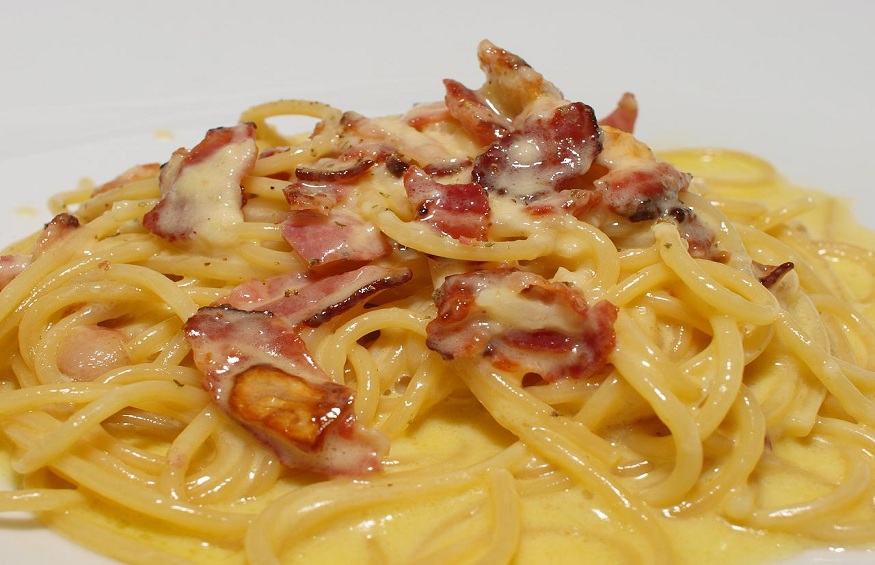22Considered one of the best in the world, Italian restaurant cuisine continues to be emulated among restaurateurs who regularly open new addresses in France. But faced with this flood, how can you be sure to book in a quality establishment? Answer with two specialists in transalpine cuisine.
The Italian food is a favorite of French. This is in any case what reveals a survey of the barometer of daily life, BVA-regional press-Foncia (1), published in 2017. This is the reason why many establishments, pizzerias, oratorios and wisterias, open regularly their doors to the six corners of France. The problem ? Only some remain rare gems. How to recognize them? Some answers with Stefano Palombari, manager of the L’Italie à Paris website (2) and Filipe Da Assunçao, Meilleur Ouvrier de France 1996 and executive chef of the Royal Monceau-Raffles Paris (3).
Pay attention to the map
We talk about it all the time, but what makes it possible to distinguish a good restaurant from a bad experience is the fact of offering a simple menu and changing it regularly according to the seasons . “It means using fresh produce,” explains Stefan Palomar. An establishment that offers an endless list of dishes cannot be a good address. ” An opinion that Felipe DA Asuncion obviously shares: “We must avoid vague, general or too short names”. Establishments that do not provide information on the origin of their products are therefore banned. We will then prefer a dish based on mozzarella di Buffalo , or DI fir DI latte , rather than a recipe that simply mentions “mozzarella”.
Focus on novelty
Carbonation pasta, margaritas pizzas, linguine with clams, tiramisu … many Italian addresses are content to recycle the classics. What Stefan Palomar deplores: “It’s not just that. Cooking is a journey. If you want to taste real Italian gastronomy, you have to go there with the ambition to discover new flavors.”. Same story with Felipe DA Asuncion, who nevertheless tempers: “These well-known names can reassure the customer, who can rediscover a specialty. It takes all tastes. Some “shy” tasters will prefer a recipe they know, while others more “curious” will favor novelty ”. But beware of false specialties. “For a very long time, we deceived the customer with the addition of ingredients that are not found in Italian cuisine, like cream. And that’s a shame, ”regrets the website manager.




